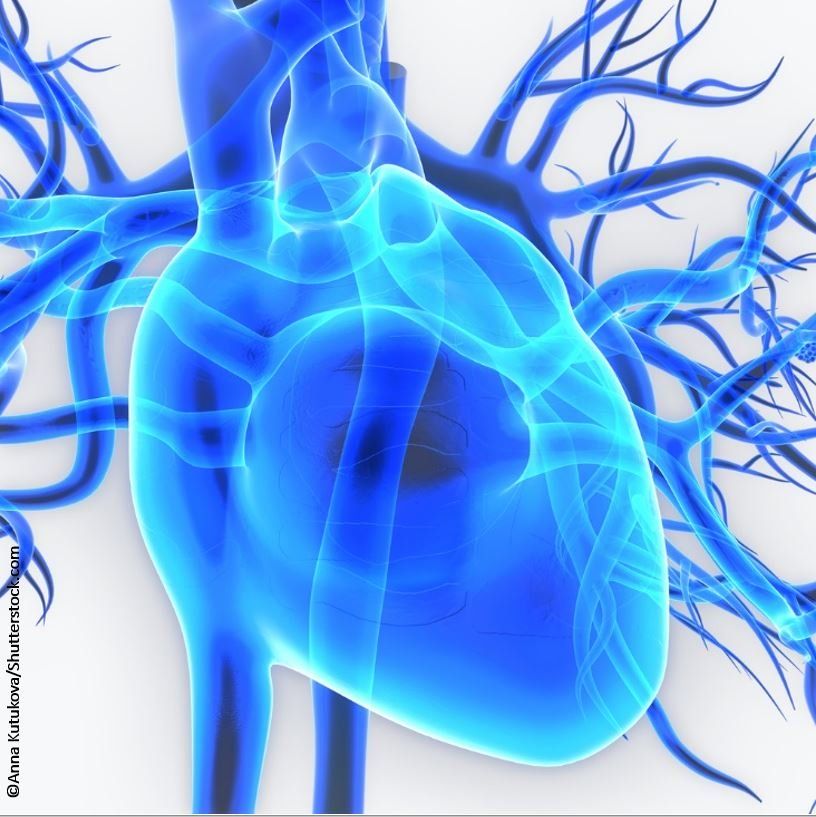Article
Largest Single Center Study Confirms HCV Heart Transplant Safe, Successful
Author(s):
The study found that among transplant patients who received HCV-exposed donor hearts and developed HCV infection, viral clearance with DAA treatment was 100%.

The largest single-center study of hepatitis C virus (HCV) transplantation suggests that in the current era of successful treatmtent of HCV with direct-acting antiviral agents (DAAs), hearts from patients with HCV offer a strategy to expand the donor pool and reduce waitlist time. Results were presented at the 39th Annual Meeting and Scientific Sessions of The International Society for Heart and Lung Transplantation in Orlando, Florida, April 3-6, 2019.
“Utilization of HCV-exposed donors is already having a significant impact in expanding the donor pool for patients awaiting transplant at our center and elsewhere,” lead author Kelly Schlendorf, MD, MHS, of Vanderbilt University’s Adult Heart Transplant Program in Nashville, Tennessee, said in a press release.
“For many patients, this may translate into reduced morbidity and mortality. A lot remains to be learned, but so far what we’ve learned is exciting,” Schlendorf added.
The current shortage of suitable donors means that many patients who need transplant either die while on the waitlist or require heart pumps as a bridge to transplant. The advent of DAA therapy for HCV treatment has been a boon for the transplant community because HCV infection acquired through transplantation may successfully be treated and hearts from HCV-infected donors are eligible for transplant.
Between 2016 and 2019, 74 patients underwent transplantation from HCV-exposed donors in whom HCV antibody and/or HCV nucleic acid test (NAT) results were positive. All transplant recipients received standard immunosuppression. Those who developed HCV infection post-transplant were treated with DAAs. Following consent to consider HCV donors, median waitlist time was 4 days.
No recipients of NAT-negative donors developed HCV infection.
Among the 63 recipients of hearts from NAT-positive donors, 60 developed HCV infection and 41 completed DAA treatment and had 100% viral clearance. In the infected cohort, survival at 30-days and 1-year was 95% and 90.2%, respectively. There was no signal for increased rates of rejection, graft dysfunction, stroke, or liver failure.
There were, however, 2 cases of necrotizing pancreatitis in patients who developed HCV infection, both of which resolved with DAA therapy.
“Further work is needed to elucidate ideal timing and duration of treatment and long-term outcomes,” the authors concluded.
Reference
1. Schlendorf K, Zalawadiya A, et al. 96 - Successful transplantation of 74 hepatitis C-exposed donor hearts in the era of direct-acting antiviral therapies. Session 23: ORAL Hepatitis C+ Cardiac Donors: Do They Get an A+? Presented on April 4 2019 at the 39th Annual Meeting and Scientific Sessions of The International Society for Heart & Lung Transplantation. Orlando, Florida. April 3-6.
(Image ©Ana Kutukova/Shutterstock.com)





